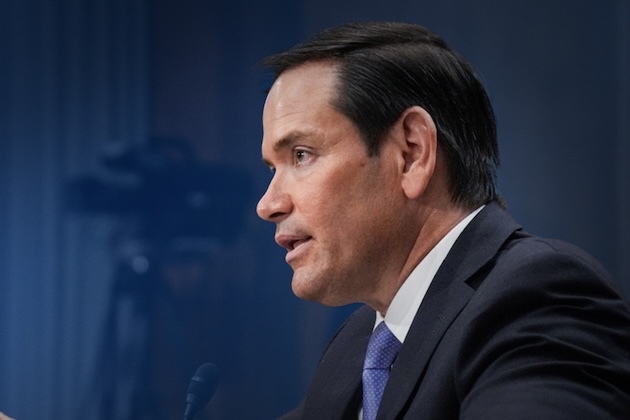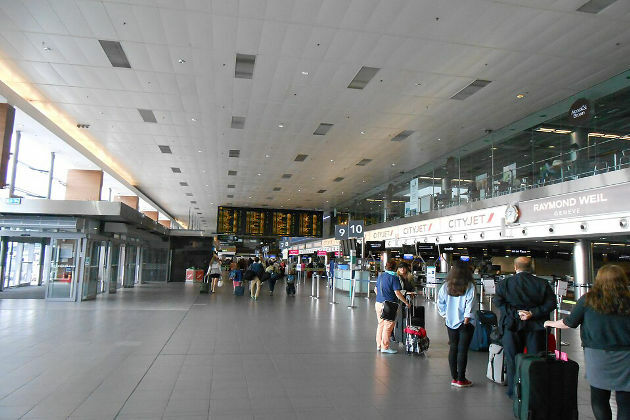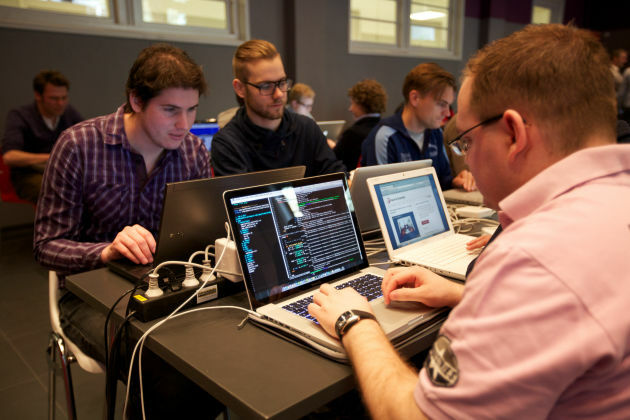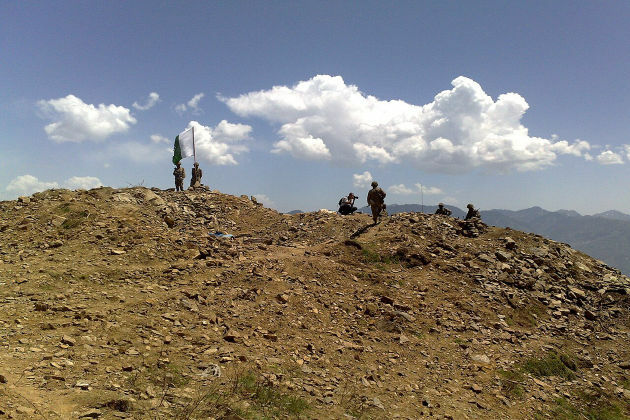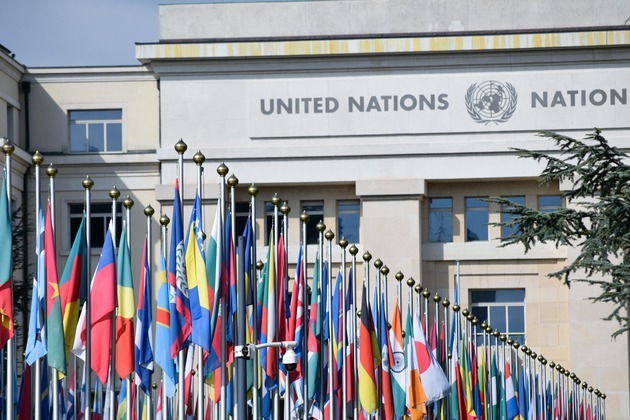Climate explained: could the world stop using fossils fuels today?
The Conversation
03 Jun 2020, 02:08 GMT+10
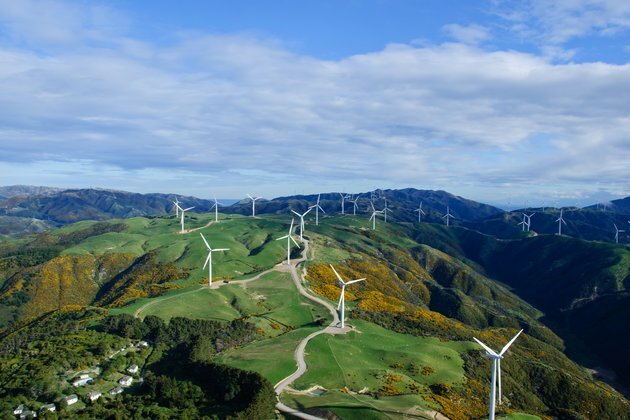
Climate Explained is a collaboration between The Conversation, Stuff and the New Zealand Science Media Centre to answer your questions about climate change.
If you have a question you'd like an expert to answer, please send it to [email protected]
It is not feasible to immediately stop extracting and using fossil fuels. The global economy, human health and livelihoods currently depend heavily on oil, coal and gas. But over time, we need to displace fossil fuels with low-carbon renewable energy sources.
The first priority should be on switching to renewable energy, not just for electricity but also for heating, cooling and transport fuels. It will be much harder to substitute fossils fuels used for chemical processing, such as the manufacture of plastics or fertiliser, but it is technically possible with biomass (organic material from plants and animals). After all, the hydrocarbons in coal, oil and gas were originally derived from biomass millions of years ago.
The aim of governments, local and national, should be to encourage reduced use of fossil fuels by supporting renewable energy systems.
Read more: Climate crisis: six steps to making fossil fuels history
Increasing contribution from renewables
One issue is that global subsidies for fossil fuel extraction remain large, at around US$4.7 trillion per year according to the International Monetary Fund.
In a recent global energy review, the International Energy Agency described a significant drop in energy demand from fossil fuels as a result of the COVID-19 pandemic. Demand is likely to rise again, but in the meantime, the use of renewable electricity continues to increase and now has a 25% share of global electricity.
Countries with good renewable resources can reach a significantly higher share. New Zealand, for example, now produces around 85% of its total electricity from renewable sources (including hydro, wind, solar and geothermal) without government intervention. But overall, renewable energy contributes only 40% of all energy demands in New Zealand, and far less globally.
There are many examples of how renewable energy can meet intensive industry demands, in New Zealand and elsewhere. New Zealand's aluminium smelter uses electricity generated by the country's largest hydro power station built underground at Lake Manapōuri. A steel mill in Sweden uses "green hydrogen", produced by using renewable electricity to split water into hydrogen and oxygen.
Green hydrogen can also be used to displace natural gas for heating and cooking as well as for fuelling trucks, cars, boats and planes.
Read more: Immediate phase out of fossil fuels could keep warming below 1.5C
The costs and benefits of change
There are many alternatives to fossil fuels with far lower carbon footprints. This includes electricity generated by nuclear power plants.
But the problem is fossil fuels remain relatively cheap, because the cost of their pollution isn't usually factored in, and energy dense (there is more energy contained in a lump of coal than a piece of wood of a similar size). Displacement is not easy and will take time to allow those working in the fossil fuel industry to go through a "just transition" to work in other sectors.
Government intervention is often required for low-carbon options to increase their share in meeting total energy demands. But changing people's behaviour around energy use is more challenging than deploying new low-carbon technologies to provide the same energy services.
Read more: Why our response to climate change needs to be a just and careful revolution that limits pushback
We should not forget the additional benefits that come with a shift to low-carbon energy generation. More walking and cycling improves health, electric vehicles reduce local air pollution (compared with petrol and diesel vehicles) and using public transport and carrying more freight by rail can reduce traffic congestion. Other simple energy-saving measures - switching off lights, not wasting food - can all save money while lowering someone's carbon footprint.
We have become a wasteful society, with consequences for the environment. Perhaps now is the time to make major adjustments to how we live before climate change impacts do it for us.
Author: Ralph Sims - Professor, School of Engineering and Advanced Technology, Massey University 
 Share
Share
 Tweet
Tweet
 Share
Share
 Flip
Flip
 Email
Email
Watch latest videos
Subscribe and Follow
Get a daily dose of Leeds Times news through our daily email, its complimentary and keeps you fully up to date with world and business news as well.
News RELEASES
Publish news of your business, community or sports group, personnel appointments, major event and more by submitting a news release to Leeds Times.
More InformationEurope
SectionEuropean Union jumps to defence of International Criminal Court
THE HAGUE - The International Criminal Court (ICC) has strongly condemned the United States for imposing sanctions on four of its judges,...
Ireland sees warmest spring in 126 years, says Met Éireann
DUBLIN, Ireland: Spring 2025 was the warmest and sunniest spring in Ireland since records began, according to Met Éireann. It had the...
Violent tourist devoured biometric data page, Dublin court told
DUBLIN, Ireland: A tourist tore out and ate the page of his passport containing his biometric data after attacking an immigration officer...
German cabinet backs major tax relief plan for 2025–2029
BERLIN, Germany: Germany has taken its first significant fiscal step to jumpstart its slowing economy. This week, the cabinet approved...
Summer travel slows as Americans hunt for last-minute bargains
WASHINGTON, D.C. Forget bucket lists; this summer, it's all about budget lists. Amid economic uncertainty and a weaker dollar, Americans...
Ireland sees 11% drop in social media sector jobs
DUBLIN, Ireland: Digital Business Ireland (DBI) has asked the Government to do more to help Ireland's digital and tech sector. This...
International
SectionChina offers secret bounty for suspected Taiwan-linked hackers
BEIJING, China: The public security bureau in Guangzhou, a city in China, has announced a secret reward for more than 20 people it...
European Union jumps to defence of International Criminal Court
THE HAGUE - The International Criminal Court (ICC) has strongly condemned the United States for imposing sanctions on four of its judges,...
More US teens turning to Wegovy as obesity rates climb
LOS ANGELES, California: As obesity rates among American teenagers climb to historic levels, more families and doctors are cautiously...
German cabinet backs major tax relief plan for 2025–2029
BERLIN, Germany: Germany has taken its first significant fiscal step to jumpstart its slowing economy. This week, the cabinet approved...
Security forces clash with insurgents in North Waziristan
ISLAMABAD, Pakistan: Pakistan's army said on June 4 that its security forces raided a militant hideout and killed 14 insurgents during...
Latvia, Liberia, Colombia win seats on UN Security Council
NEW YORK CITY, New York: The United Nations General Assembly has elected five countries to join the Security Council starting January...

